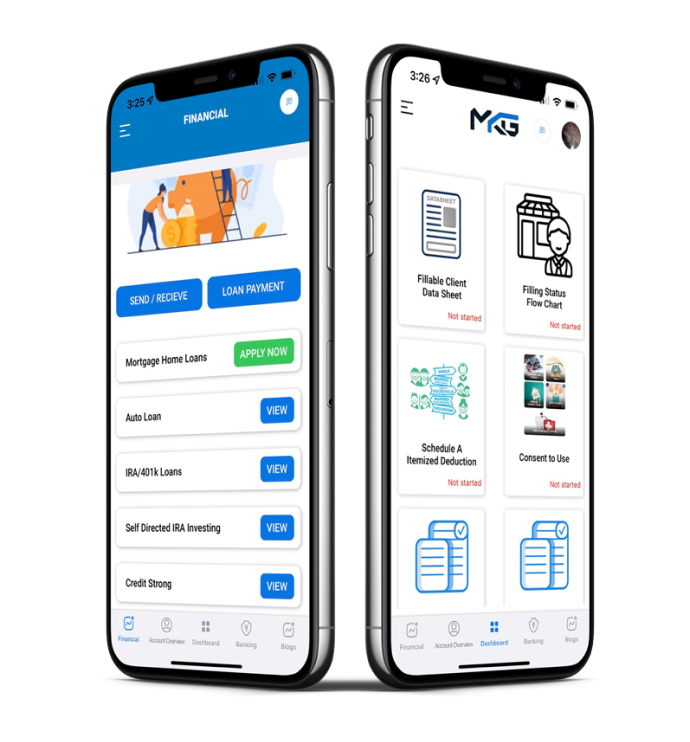Disability and the Earned Income Tax Credit (EITC)
The Earned Income Tax Credit (EITC) is a tax credit that provides financial assistance to low-income individuals and families. If you receive disability benefits and the refund for the EITC, you may be wondering if these qualify as earned income for the EITC. In this article, we will explain the rules regarding disability benefits and earned income for the EITC, as well as how to claim a child with a disability for the EITC.
Disability Benefits and Earned Income Rules
If you receive disability payments, these payments may qualify as earned income when you claim the EITC. However, whether or not disability payments qualify as earned income depends on the type of disability payments you receive and your age when you start receiving them.
Types of Disability Payments
The following types of disability payments may qualify as earned income for the EITC:
- Disability retirement benefits
- Disability insurance payments
- Other disability benefits
Disability Retirement Benefits
If you receive disability retirement benefits before reaching the minimum retirement age, you must claim these benefits as earned income when you claim the EITC. The minimum retirement age is the earliest age at which you could receive disability retirement benefits if you did not have a disability. To determine your minimum retirement age, refer to your retirement plan.
After reaching the minimum retirement age, your disability retirement payments no longer qualify as earned income for the EITC.
Disability Insurance Payments
If you receive disability insurance payments and you paid the premiums for the insurance policy, these payments do not qualify as earned income for the EITC. If you obtained the policy through your employer, the amount you paid in premiums may be indicated on your Form W-2 in box 12 with code J. For more information about disability insurance and the EITC, refer to the section on Life insurance & disability insurance proceeds.
Other Disability Benefits
Other disability benefits, such as Social Security Disability Insurance, Supplemental Security Income (SSI), and military disability pensions, do not count as earned income for the EITC. For more information, consult Publication 596, Earned Income Credit.
How the EITC Affects Other Government Benefits
If you receive benefits or assistance from a program that uses federal funds, the refund you receive when claiming the EITC does not count as income. It cannot be counted as income for at least 12 months after you receive it. To determine if this rule applies to your benefits, contact your benefit coordinator.
Claiming a Qualifying Child with a Disability
When claiming the EITC, the qualifying child can be of any age if they have a permanent and total disability and a valid Social Security number. Even if the child receives disability benefits, they may still qualify as your qualifying child for the EITC. To learn more about the additional tests for a qualifying child, refer to the relevant section.
Permanent and Total Disability
A person has a permanent and total disability if both of the following conditions are met:
- They cannot engage in any substantial gainful activity due to a physical or mental condition.
- A doctor has determined that their condition has lasted or will last continuously for at least a year, or can lead to death.
Proving a Permanent and Total Disability
To prove that your child has a permanent or total disability, you will need to obtain a letter from their doctor, healthcare provider, or any social service program or agency that can verify their disability.
Sheltered Employment and Substantial Gainful Activity
Sheltered employment, where a child with a physical or mental disability works for minimal pay under a special program, is not considered "substantial gainful activity." If individuals with disabilities work for minimal pay, it must be done at a qualified location, such as sheltered workshops, hospitals and similar institutions, homebound programs, or Department of Veterans Affairs (VA) sponsored homes.
Additional Resources
For more information about disability and the EITC, you can refer to the following resources:
- Disability information for individuals, businesses, and partners providing services
- Publication 3966, Living and Working with Disabilities
- Publicación 3966 (SP), Serie del Cicio de Vida: Viviendo Y Trabajando Con Incapacidades (in Spanish)
- Publication 907, Tax Highlights for Persons with Disabilities
- Publication 4808, Disability and EITC
- Publicación 4808 (SP), La incapacidad y el EITC (in Spanish)
If you have any further questions or need assistance, please contact the Internal Revenue Service (IRS).
